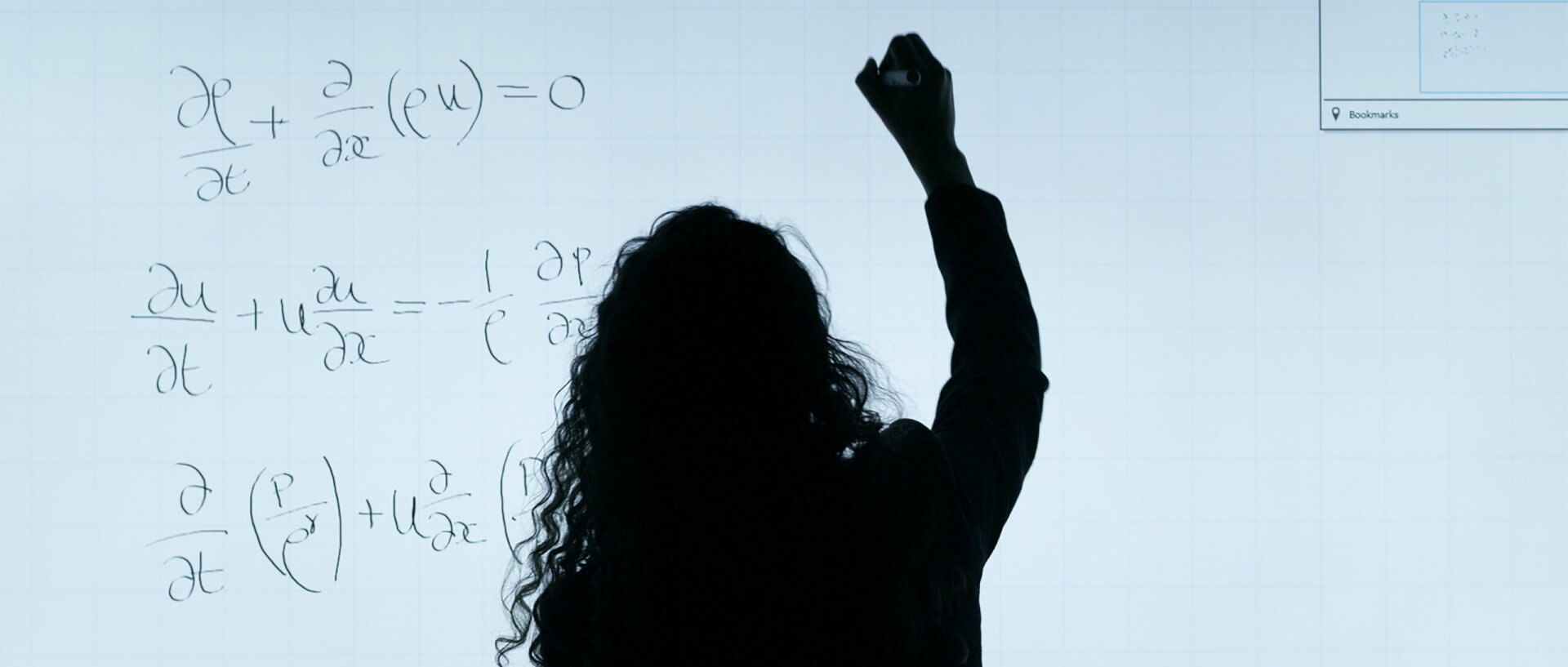
The ISC, jointly with UNESCO, serves as the Secretariat of the Group of Friends on Science for Action: an informal coalition of United Nations Member States led by Belgium, India, and South Africa. The group supports the integration of science into multilateral discussions at the UN, providing a platform for Member States to systematically incorporate scientific inputs into the UN General Assembly and advocate for the application of actionable knowledge in global commitments’ negotiation and implementation.
In this capacity, the ISC was pleased to support the Group of Friends to deliver a statement at the 9th Assembly of the International Day of Women and Girls in Science last Friday, 9 February.
Speaking on behalf of the Co-chairs of the Group of Friends on Science for Action, Ambassador Kridelka, Permanent Representative of Belgium to the United Nations, called for global and contextually-relevant efforts to dismantle gender stereotypes in science. He advocated for opening pathways for girls in science and creating inclusive environments to support the advancement of women in the field. This highlights the recognition that achieving the Sustainable Development Goals requires the participation of the brightest minds, fully including women and girls.
I am pleased to speak today on behalf of the Group of Friends on Science for Action. Our group was created with the understanding that achieving the SDGs will require evidence based decision making, using science that is actionable. That is to say it must be accessible, digestible, and reliable. But we are missing many sources of potential scientific knowledge that could enliven our policy debates. Globally only one-third of researchers are women, and only 12% of national scientific academy members are women. This under-representation of women and girls in various scientific fields is one of the most evident sources of lost potential that could instead drive the achievement of the SDGs.
To close the representation gap of women and girls in science will require both general and specifically tailored strategies. Women and girls do not face the same sociocultural, political, and institutional factors everywhere. Representation of women and girls in science is also widely variable across regions. According to UNESCO statistics, 22.1% of researches are female in Eastern Asia, while 41% are female in the Arab States and 50% in Central Asia. Regional specificities will need to be taken into account, in order to remove barriers to participation as they exist in each context.
Nevertheless several overarching strategies are also applicable. Access to education of women and girls is fundamental and a necessary step to their ability to partake in science equally. It is also important that science be promoted to girls as a viable area of academic interest without gender stereotypes. To understand where steps can be taken, it is necessary to also have proper data regarding the gender gap in science. This includes collecting gender disaggregated data and monitoring the progress toward closing the gender gap in science. Achievement of the SDGs will require the participation of the brightest minds from everywhere they can be found. We cannot afford to have the lost contribution of women and girls kept out of science and innovation. It is ever more important to dismantle gender stereotypes in science, open pathways for girls in science, and create inclusive environments that advance women scientists.
Statement at the 9th Assembly of the International Day of Women and Girls in Science (9 February 2024)
Ambassador Kridelka, Permanent Representative of Belgium to the United Nations, on behalf of the Co-chairs of the Group of Friends on Science for Action: Ambassador Kamboj, Permanent Representative of India to the UN, and Ambassador Joyini, Permanent Representative of South Africa to the UN.
📺 Watch the statement on UN WebTV starting at 00:42:30 (recording)
Picture by ThisIsEngineering on Pexels.
Disclaimer
The information, opinions and recommendations presented in this article are those of the individual contributor/s, and do not necessarily reflect the values and beliefs of the International Science Council.